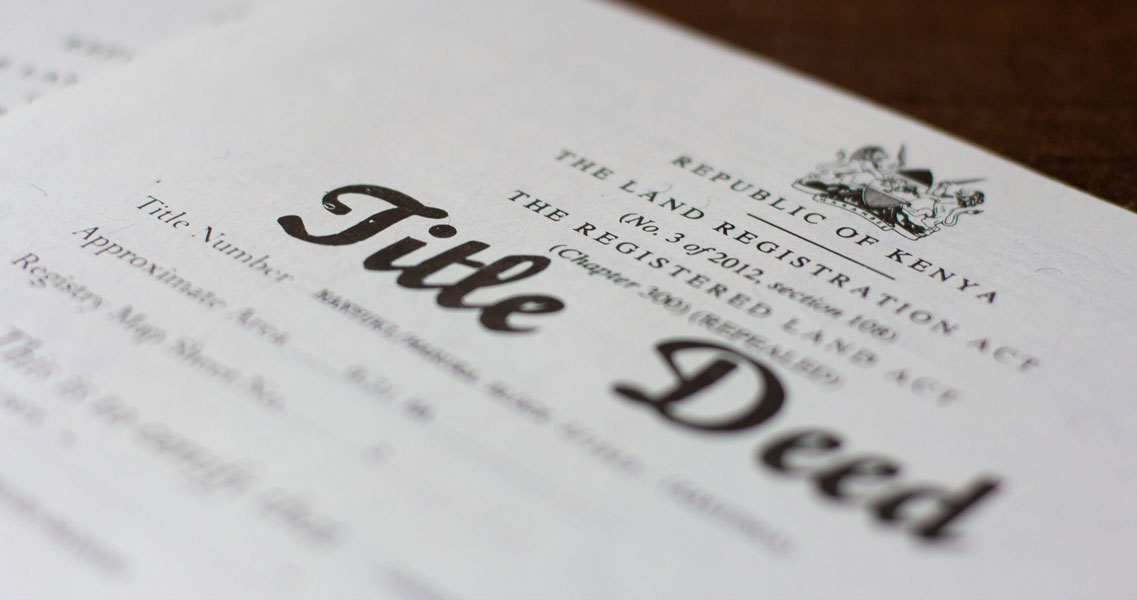
Ever wondered why the so-called “squatters” keep experiencing intermittent rattling every couple of years, yet they are allowed to settle back in for a number of years before the next disturbance happens? Well, the answer lies within the doctrine of adverse possession.
Adverse possession, otherwise referred to as squatter’s rights, is a well-founded doctrine in law that allows a person who has unlawfully occupied another person’s land for a continuous period of at least 12 years to legally apply for registration rights over the property.
Key Tests for Adverse Possession
To successfully claim adverse possession, three main tests must be met:
- Exclusive Occupation – The claimant must have occupied the land to the exclusion of others.
- Without Consent – The occupation must be without the owner’s permission.
- Continuous and Uninterrupted Occupation – The occupation must last for at least 12 years without interference.
In essence, adverse possession challenges the concept of indefeasibility of title, as it allows someone to register ownership rights against the legal proprietor’s title.
Comparison with the UK Approach
Kenya’s adverse possession laws borrow heavily from the UK, where the doctrine has evolved significantly. Following the 2002 UK laws, the sanctity of title is now given greater protection, particularly when land is registered.
Under the 2002 UK law:
- A squatter who has occupied registered land for 10 years can apply for registration rights.
- The landowner is notified and given a chance to oppose the application.
- If the landowner opposes the claim, the application is rejected, unless there are equitable grounds or the squatter occupies an adjacent land in false belief of ownership.
- If the application is rejected, but the squatter remains on the land for two more years, they can reapply for registration.
Kenyan Law on Adverse Possession
Kenyan law does not differentiate between registered and unregistered land in adverse possession cases. Additionally, there is no requirement for notifying the registered landowner of an adverse possession claim. As a result, many landowners are often caught by surprise when squatters attempt to claim ownership.
The Debate on Adverse Possession in Kenya
The prominence of adverse possession in Kenya sparks debate from both legal and economic perspectives.
- Proponents argue that adverse possession helps prevent land wastage and encourages landowners to monitor their property. If a landowner allows unlawful occupation for 12 years or more, it suggests they do not need the land. Enforcing adverse possession could also curb land inflation by making more land available for productive use.
- Critics argue that removing a legal landowner’s rights simply due to inaction for 12 years is illogical and disproportionate. In A Pye (Oxford) Ltd. v. United Kingdom, the UK High Court and Court of Appeal held that the doctrine was unfair and led to an unjust loss of land.
Following this case, India, which also borrowed the UK doctrine, has been considering reforming or abolishing adverse possession laws altogether.